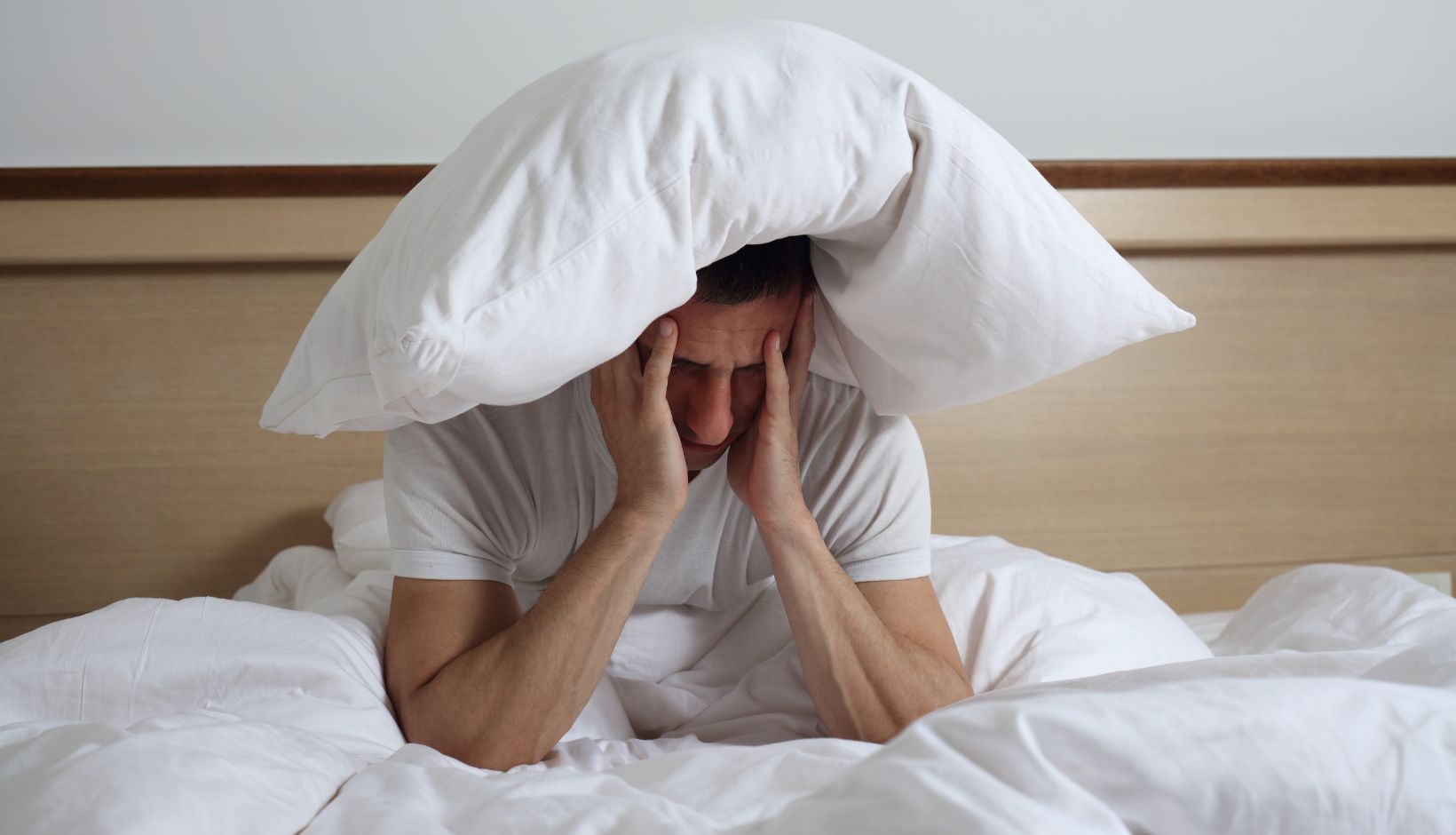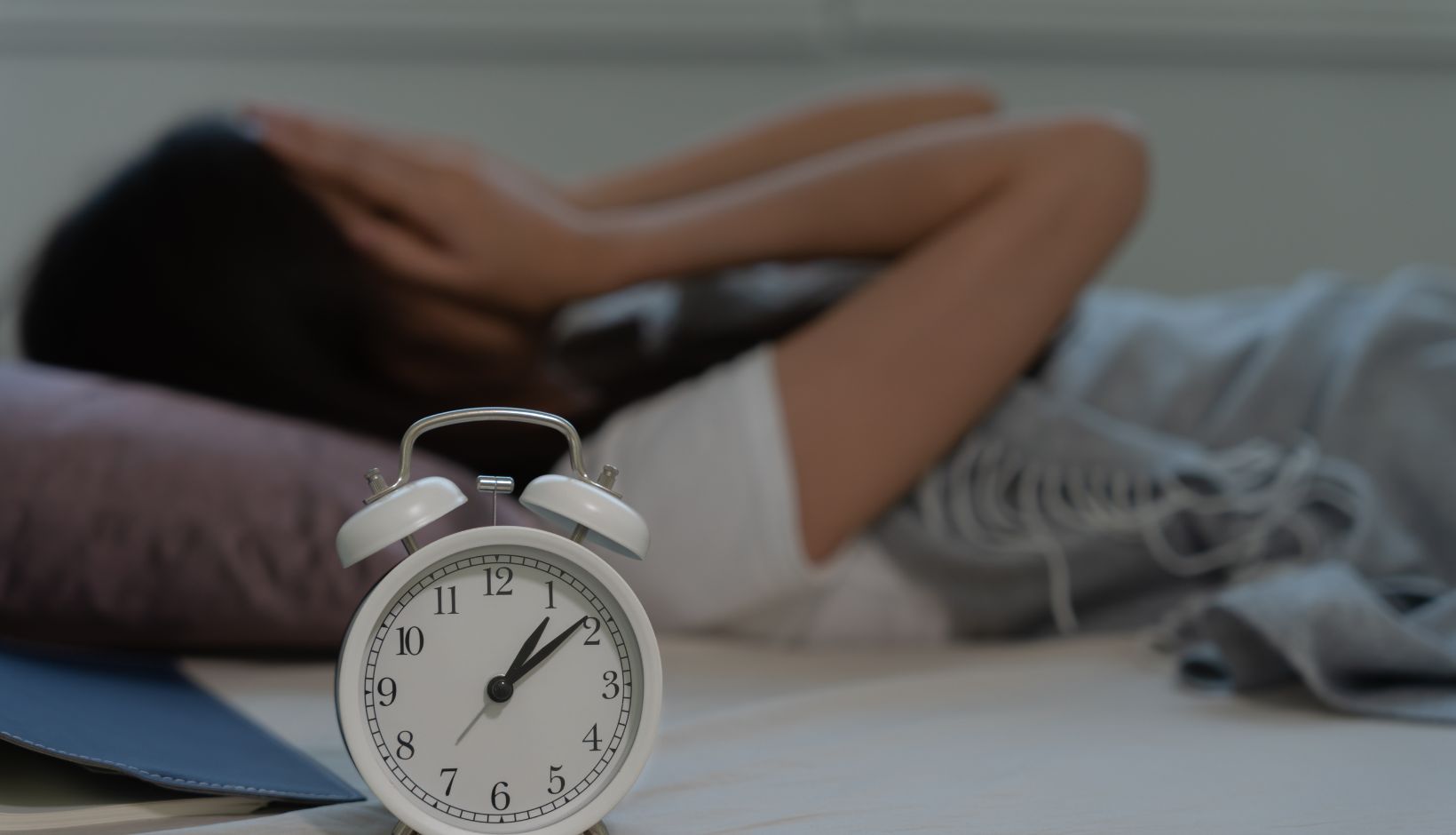Sleep is critical to our physical and mental health, but many people don’t get the rest they need. Whether it’s a struggle to fall asleep, waking up often at night, or something in between, sleep problems can significantly impact everyday life. The good news is that many sleep problems have simple solutions. Let’s look at where people fall in connection to sleep and the simple stuff you can do to navigate those pitfalls.
The Importance of Quality Sleep
Before getting into the specific problems, it’s crucial to grasp why sleep is vital. Sleep is the body’s natural repairman, the time it heals itself processes emotions, and restores energy. Lack of sleep can lead to numerous problems, including impaired immunity, memory issues, weight gain, and even some chronic illnesses, such as heart disease or diabetes.
Even though sleep is essential, many people still have difficulty achieving the recommended 7–9 hours of sleep daily. The first step toward improving sleep is understanding what is explicitly disrupting it.

Trouble Falling Asleep
The most common thing people struggle with is falling asleep. Stress, anxiety, bad sleep habits, or even an overstimulated mind can lead to this situation. If you wake up in the night and can’t go back to sleep, try these tips:
- Create a Relaxing Bedtime Routine: Before bed, relax by reading a book, taking a warm bath, or meditating. This will signal your body that it’s time to start winding down.
- Limit Screen Time: The blue light emitted from phones, tablets, and computers can disrupt melatonin production, the hormone that helps regulate sleep. Ease off screens at least an hour before bedtime, or employ blue light filters if you have to use a device.
- Set a Consistent Sleep Schedule: Sleeping and awakening simultaneously daily will help regulate your body’s internal clock. Maintaining a schedule, even on the weekends, can help you sleep better over time.
- Try Aromatherapy or Herbal Teas: Essential oils, such as lavender or chamomile tea, may facilitate relaxation and let your brain know bedtime.
Establishing a calming nighttime routine can help you train your body to relax, leading to faster and better sleep.
Waking Up in the Middle of the Night
You may feel groggy and unrested the following day due to interrupted sleep. If you tend to wake up several times in the night, here are some tips:
- Evaluate Your Sleep Environment: Make sure your bedroom is dark, calm, and quiet. Blackout curtains, white noise machines, or earplugs can help block disturbances.
- Manage Stress and Anxiety: Relaxation techniques like deep breathing, journaling, or progressive muscle relaxation, practiced before bed, can help calm a racing mind.
- Avoid Stimulants and Heavy Meals: Caffeine and heavy or spicy foods can disrupt sleep. Avoid these a few hours before bed and have lighter snacks instead.
- Limit Alcohol and Nicotine: Even though alcohol may leave you drowsy at first, it interferes with the last stages of sleep and will make you wake up more frequently.
Sometimes, slight alterations in your sleeping environment and nighttime routine are all it takes to help you stay asleep.
Struggling to Stay Asleep
If you fall asleep quickly but struggle to stay asleep, it could be due to fluctuating blood sugar, dehydration, or an uncomfortable mattress. Here are a few solutions:
- Stay Hydrated, But Not Too Much: Drink plenty of water during the day, but cut back on fluids right before bedtime to minimize nighttime trips to the bathroom.
- Choose the Right Mattress and Pillow: Ensure your mattress and pillow support spinal alignment. If you wake up feeling aches and pains, it may be time for an upgrade.
- Try a Sleep-Friendly Snack: A small snack that combines protein and complex carbs (think a banana smeared with almond butter) may help stabilize blood sugar overnight and ward off dramatic wake-ups.
- Use Sleep Apps or Soundscapes: If you wake up in the middle of the night, soothing sounds—like rain or ocean waves—can ease you back to sleep.
But making these adjustments can help you sleep better through the night and wake up feeling more rested.
Restless Legs and Physical Discomfort
Physical discomfort or ailments like restless leg syndrome (RLS) can prevent you from relaxing. And if your body feels strange and jittery trying to go to sleep, these strategies might help:
- Stretch or Do Gentle Yoga: Light stretching or restorative yoga can loosen tight muscles and help unwind.
- Take a Warm Bath with Epsom Salt: The magnesium in Epsom salt can calm the nervous system and help sore muscles recover, which can help with feelings of restlessness.
- Consider Magnesium Supplements: If you find yourself cramping and/or twitching, a magnesium supplement (with medical supervision) may help your muscles function more effectively.
- Talk to Your Doctor: If restless legs or chronic pain continue, see a healthcare provider for tailored treatment options, including medications or physical therapy.
Make comfort a priority to stop your body from keeping you awake at night.

Morning Grogginess and Fatigue
It can be particularly frustrating to wake up and feel sore and sluggish after what should’ve been a whole night’s sleep. Perhaps their sleep quality isn’t excellent, or they aren’t waking up consistently. Here are some strategies to wake up feeling more rested:
- Expose Yourself to Natural Light: Sunlight helps regulate your circadian rhythm, which tells your body it’s time to wake up and start the day.
- Use a Gentle Alarm: Loud alarms may shock you, leaving you disoriented in the morning. Use a gradual light or sound alarm instead.
- Incorporate Morning Movement: Some stretches, quick walks, or light exercises help boost energy and shake off sleep inertia.
- Hydrate First Thing: When you wake up, have a glass of water—it’s the easiest way to rehydrate your body, kick-start your metabolism, and feel more alert.
Changes in your morning routine can help you stay on track for the rest of the day and fight off lingering fatigue.
Sleep Disorders and When to Seek Help
If sleep problems persist despite lifestyle changes, it may be worth seeking professional assistance. Medical conditions such as insomnia, sleep apnea, or chronic nightmares might need medical intervention or treatment. Sleep studies, cognitive behavioral therapy for insomnia (CBT-I), or treatments such as CPAP machines can significantly help if sleep problems are more serious.
Conclusion
Sleep is one of the core pillars of health, and everybody deserves to enjoy rejuvenating sleep. If you have trouble getting to sleep, staying asleep, or feeling rested in the morning, there are plenty of practical options to consider. Some minor tweaks in your lifestyle, surroundings, and nighttime habits can enhance your sleep schedule and, as a result, your overall health. So, if you have been wondering how to sleep well, get started by implementing these tips — your body and mind will thank you.
